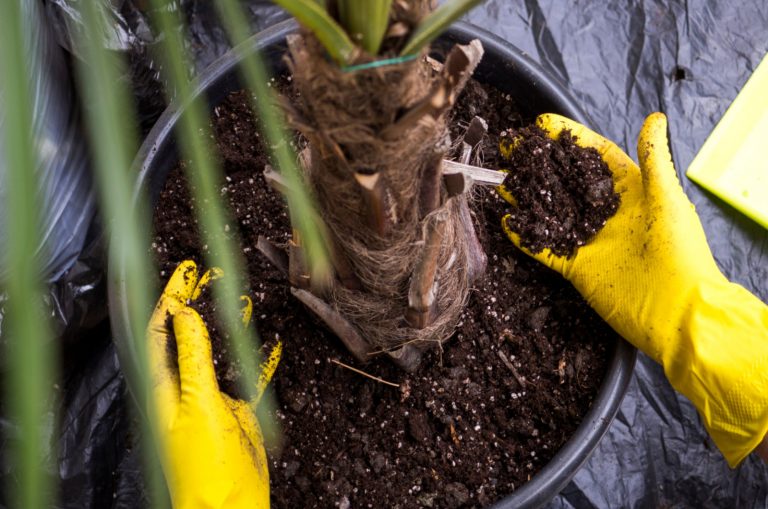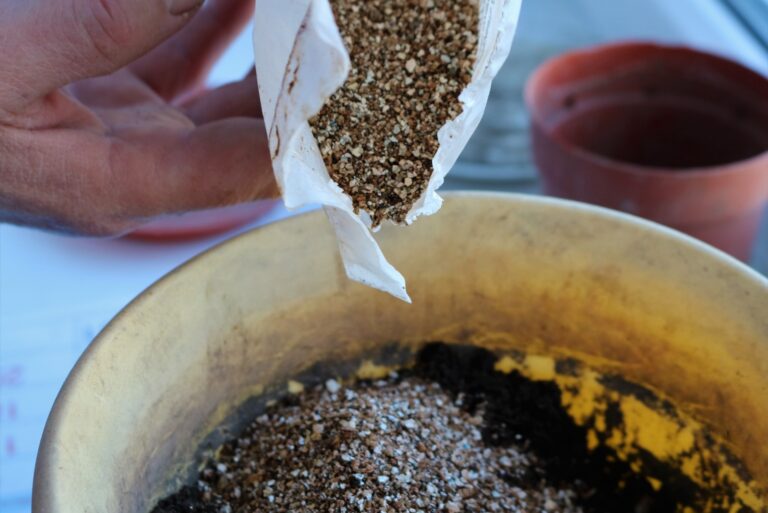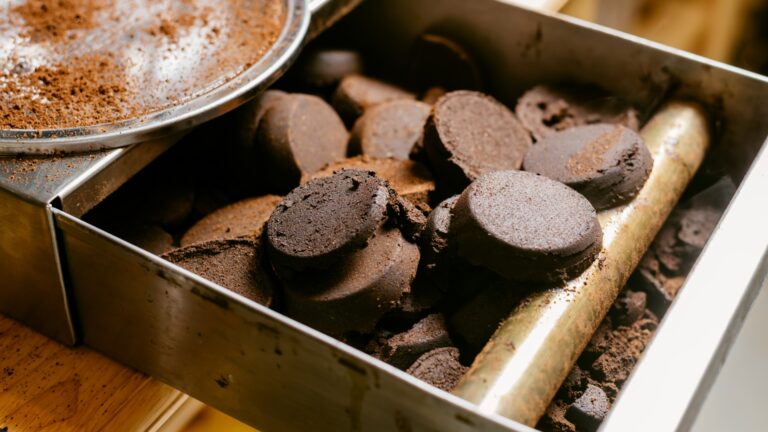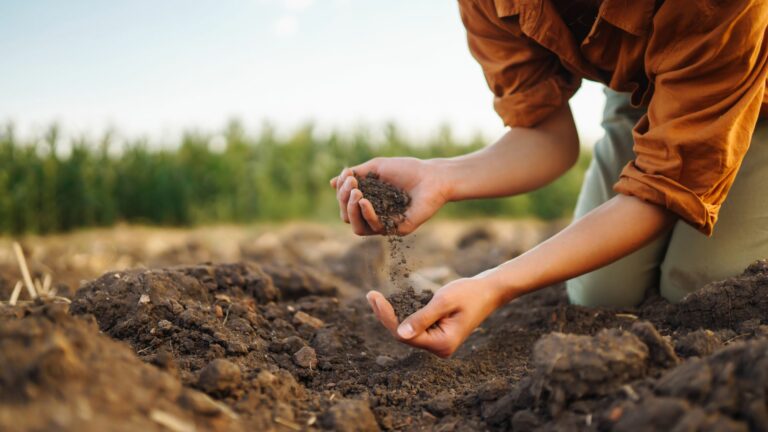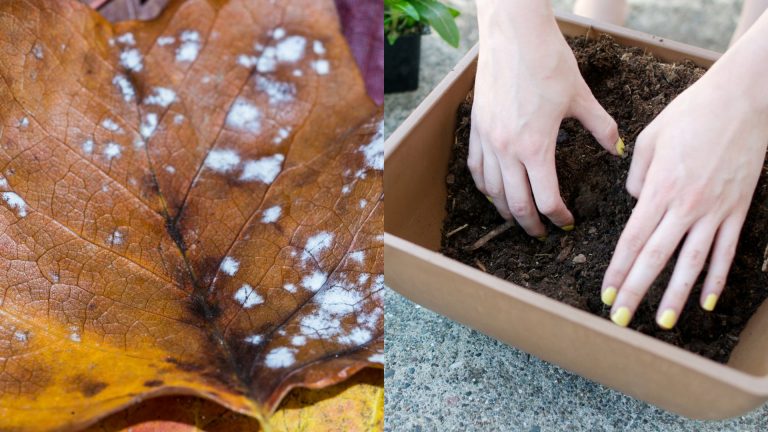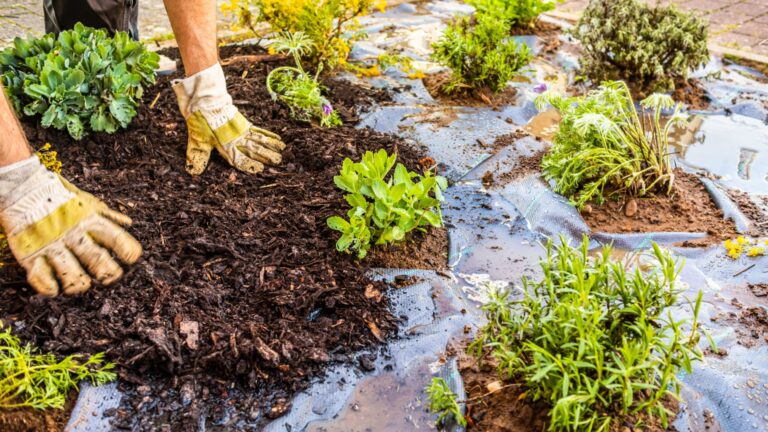16 Surprising Things You Can Bury In Your Garden For Richer Soil
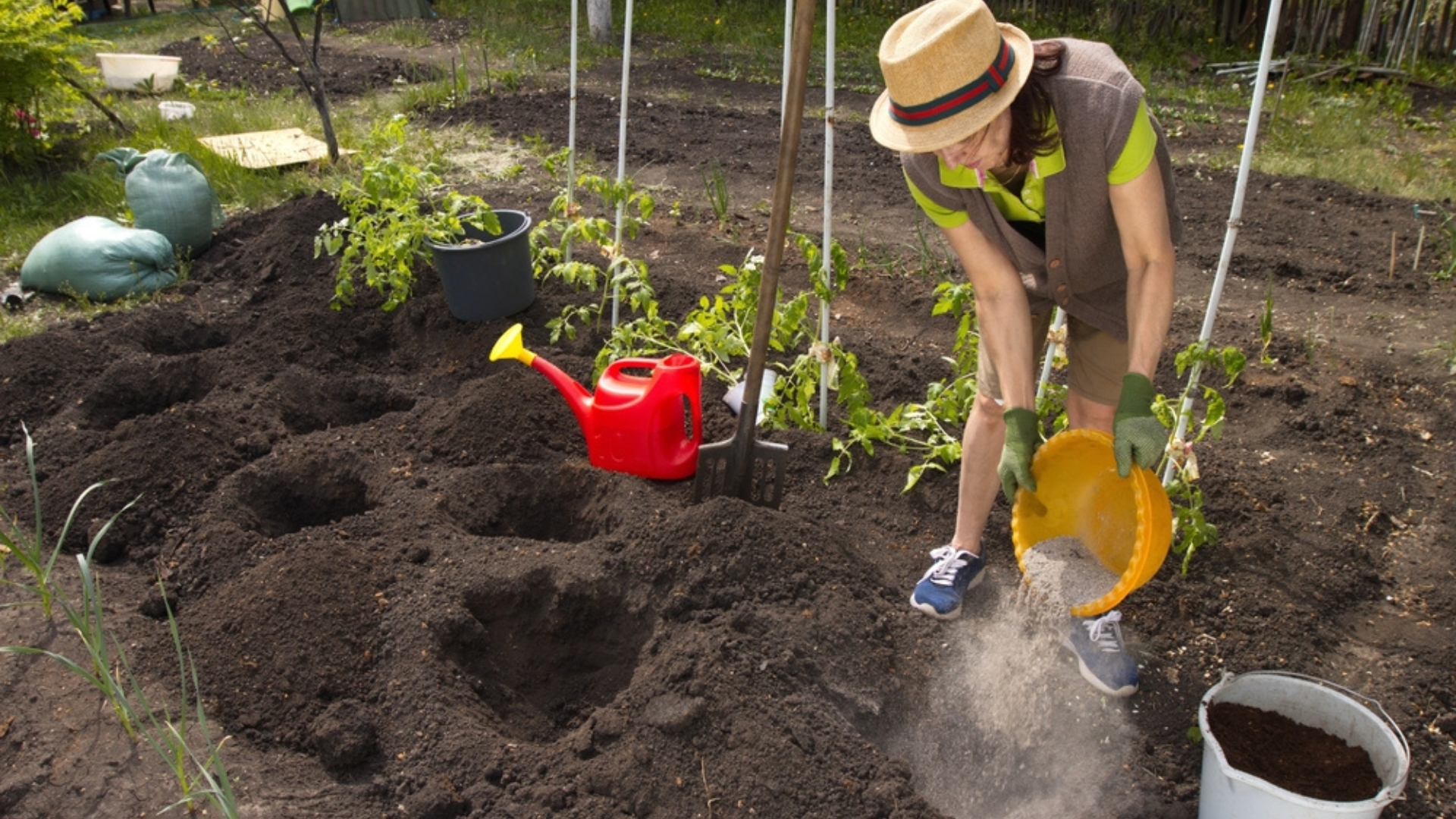
Gardening can be a delightful hobby, and enriching the soil is a key part of the fun. By adding certain items into the garden soil, you can help plants grow healthier and stronger. It’s like giving your plants a natural boost. Here are some creative ways to nurture your garden by burying everyday items.
1. Coffee Grounds
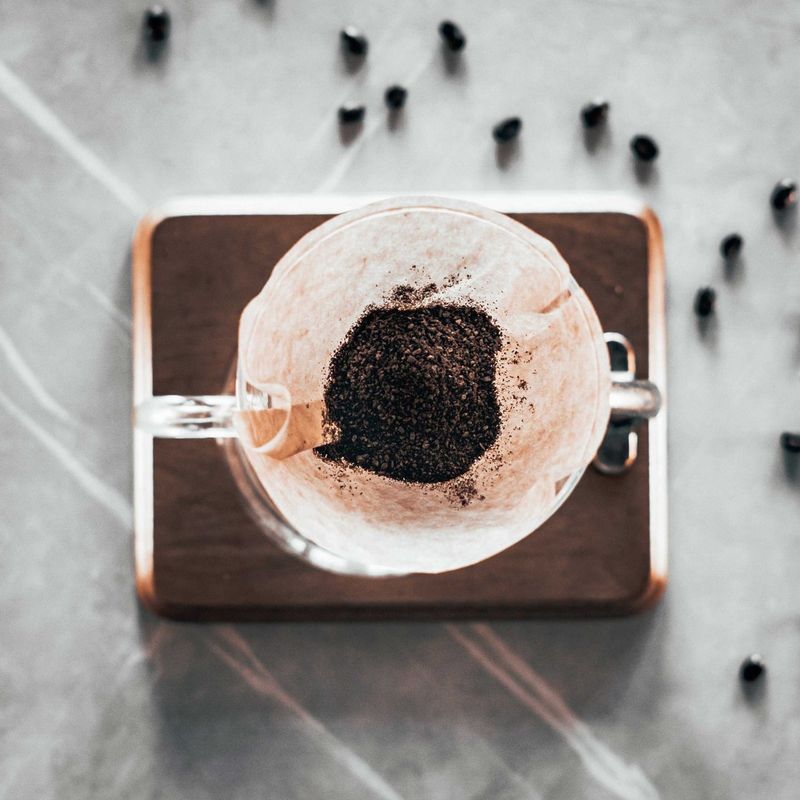
With their rich aroma, coffee grounds are not just for brewing a morning cup. These grounds can be buried in the garden to enrich the soil with nitrogen, a nutrient that helps plants grow lush and green.
Simply sprinkle them around your plants. Besides helping the soil, coffee grounds can deter pests and attract beneficial worms.
Their texture also improves soil drainage. So, next time you finish your coffee, remember your garden could enjoy it too! And, you can feel good about recycling and reducing waste.
2. Eggshells
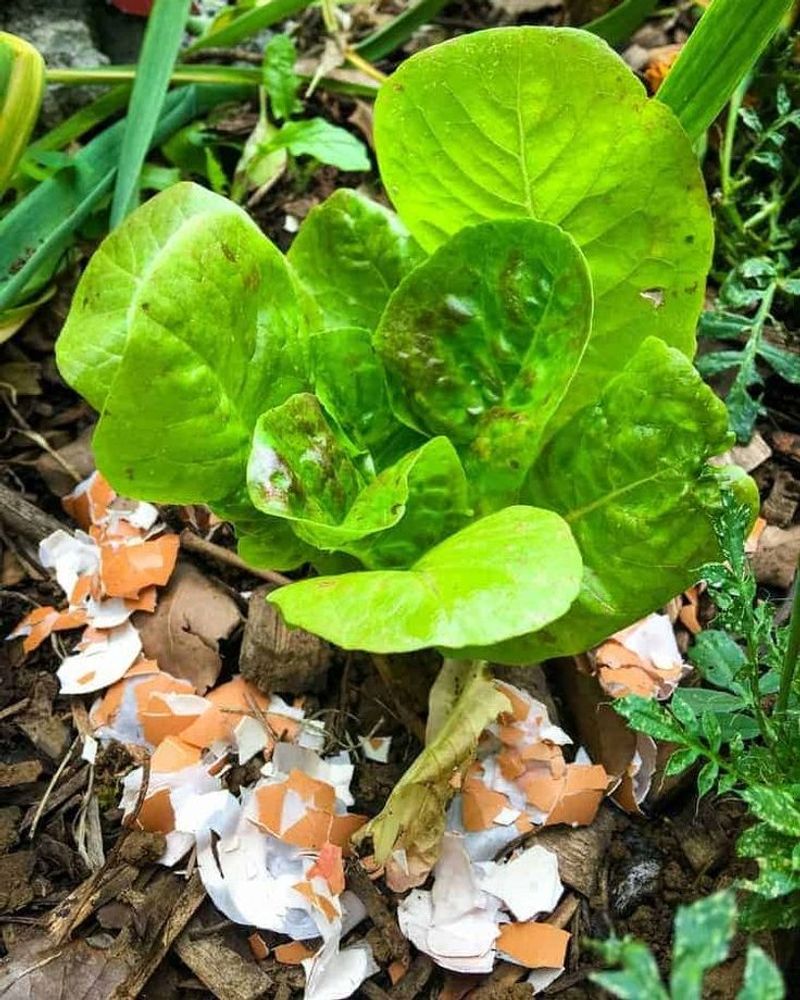
Eggshells, often discarded, hold a secret power in their fragile form. Rich in calcium, they can be crushed and buried in your garden to help strengthen plant cell walls.
This can prevent blossom end rot in plants like tomatoes. Eggshells also deter slugs and snails when sprinkled around plants. Over time, they break down and improve the structure of the soil.
Instead of throwing away those shells, crush them and give your plants a natural boost. It’s a small step with big rewards for your garden!
3. Banana Peels
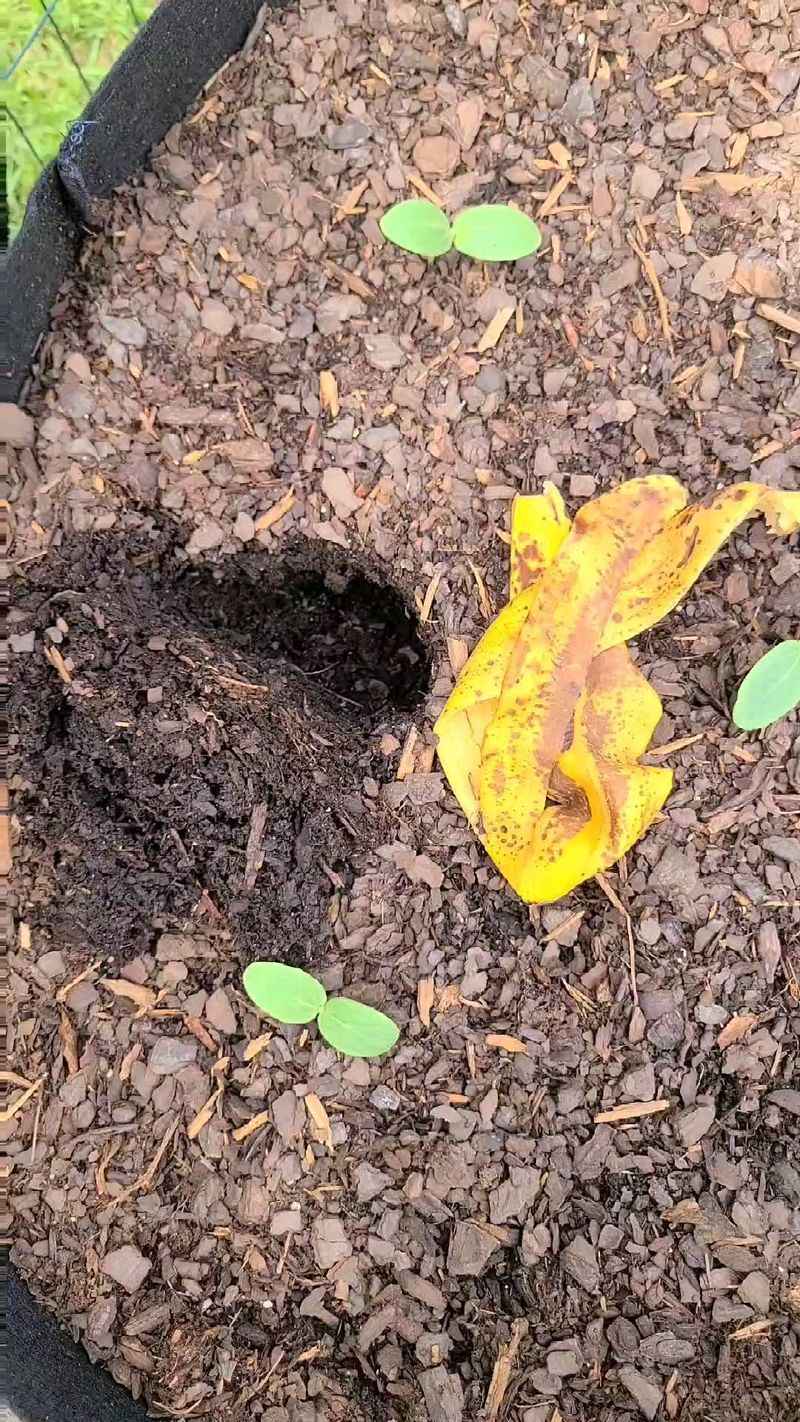
Banana peels, with their cheerful yellow hue, are more than just food waste. They are packed with potassium, a vital nutrient for plant health.
Bury them in the garden to encourage healthy root development and blooming. As they decompose, banana peels also enrich the soil with calcium and magnesium. Simply chop them up and scatter them near plants for a natural, slow-release fertilizer.
It’s an easy way to nourish your garden and reduce waste, making your plants happy and the planet a bit greener.
4. Tea Bags
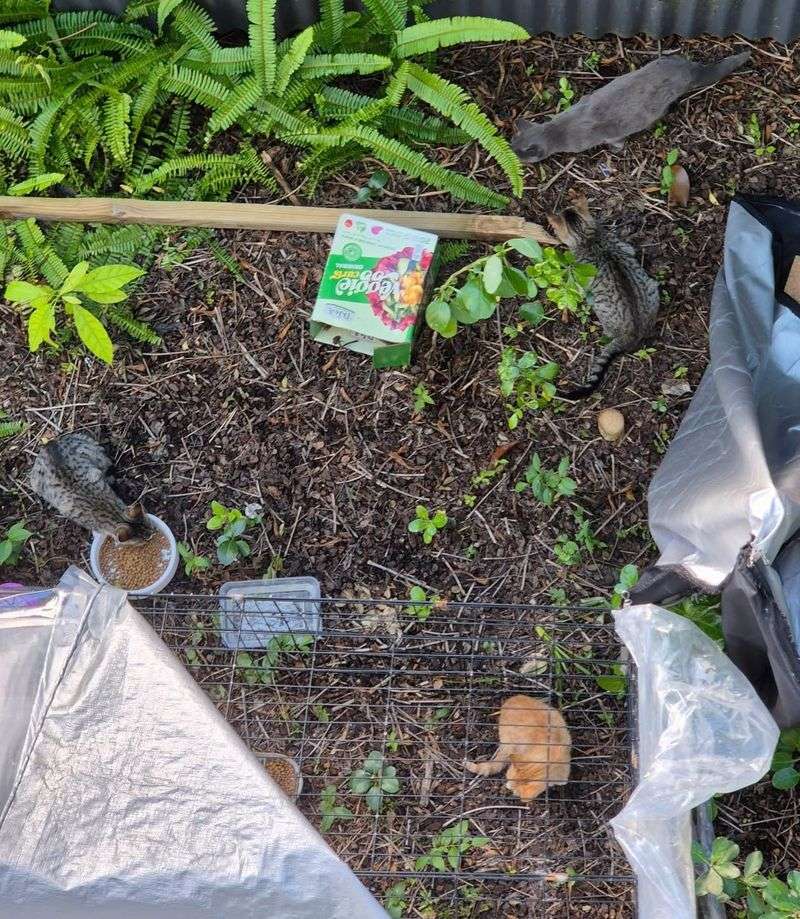
Floating in a cup, tea bags offer comfort, but in the soil, they become plant allies. Used tea bags can be buried to add organic matter and nutrients to the garden.
They help improve soil structure and water retention. As they decompose, tea bags release tannins that can lower soil pH, benefiting acid-loving plants.
Remember to remove any synthetic strings or tags before burying. This simple act of recycling helps your plants thrive and keeps your garden looking lush and lively.
5. Wood Ash
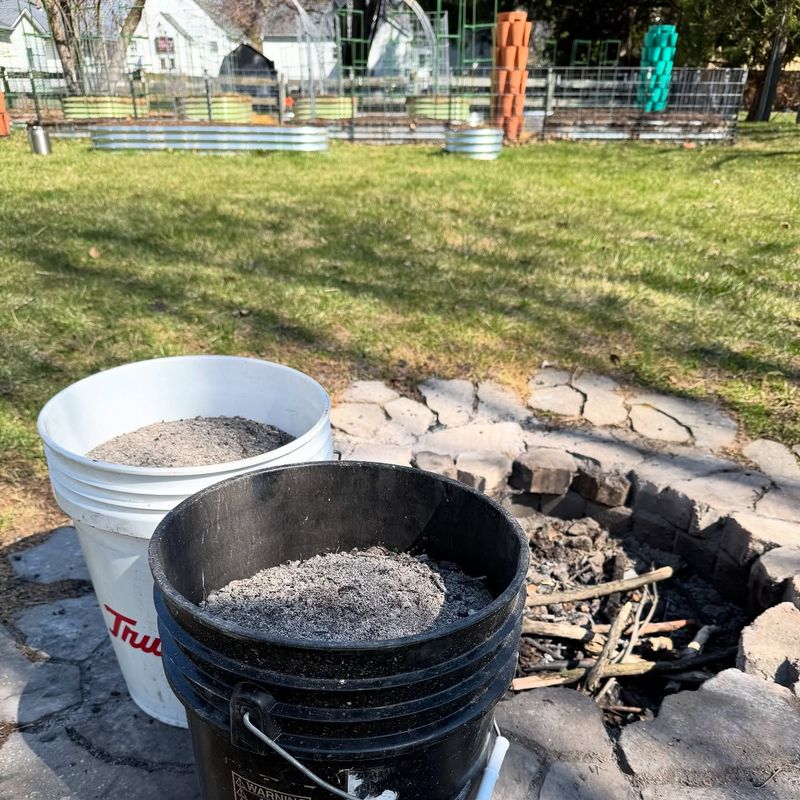
From the remnants of a warm fire, wood ash finds a new purpose in your garden. It is rich in potassium and calcium carbonate, which can help neutralize acidic soil.
Sprinkle it lightly around plants to improve soil structure and drainage. Be cautious not to overdo it, as too much can raise soil pH too high.
Wood ash also acts as a natural pest deterrent. When used sparingly, it’s an excellent way to recycle fireplace residues while nourishing your garden’s soil.
6. Fish Scraps
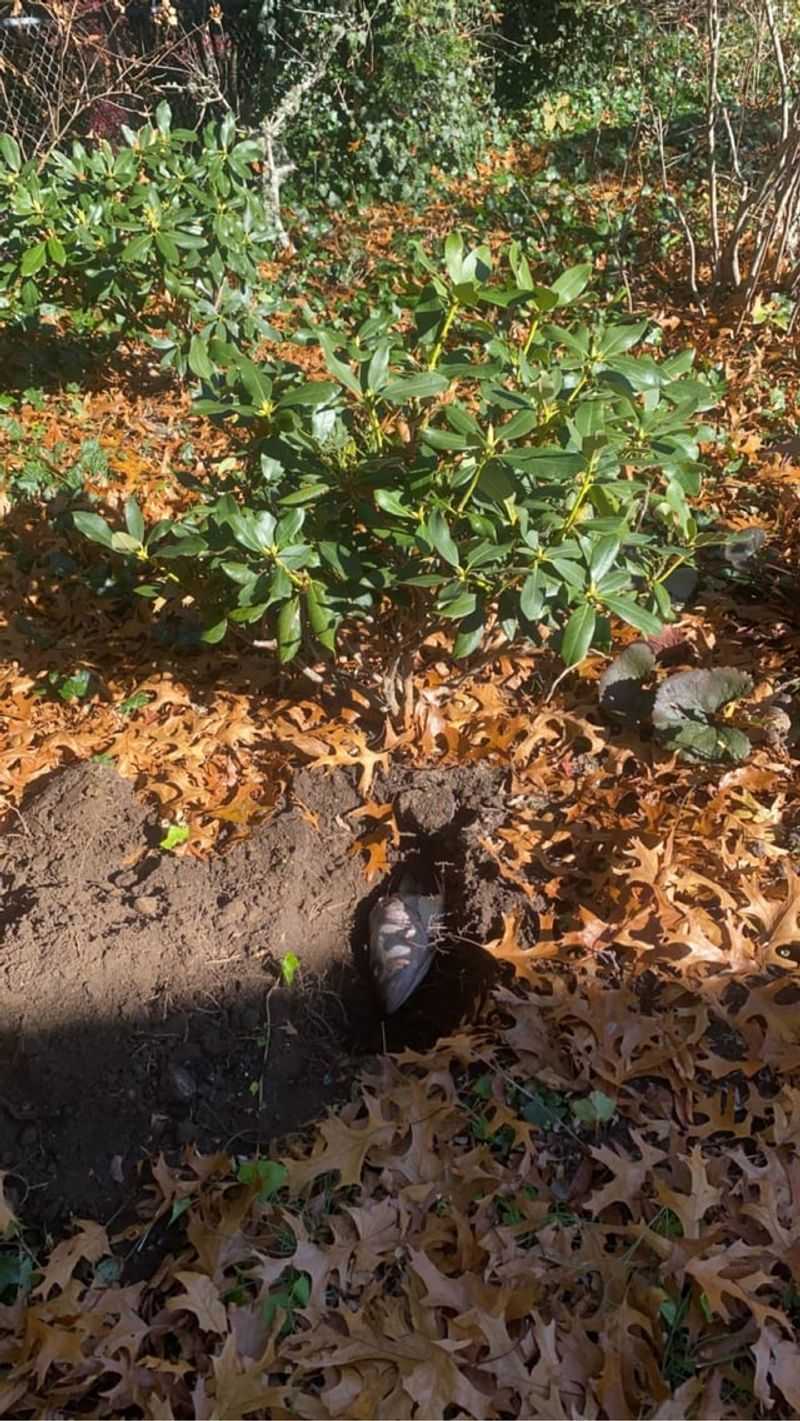
The idea of burying fish scraps in your garden might seem unusual, but it’s a time-honored practice for enriching soil. Fish scraps provide nitrogen, phosphorus, and other essential nutrients that stimulate plant growth.
They decompose slowly, offering a long-lasting feed. Simply bury the scraps deep enough to avoid attracting pests.
This method, used by Native Americans, is a fantastic way to recycle kitchen waste into a powerful fertilizer, supporting a vibrant and productive garden.
7. Grass Clippings
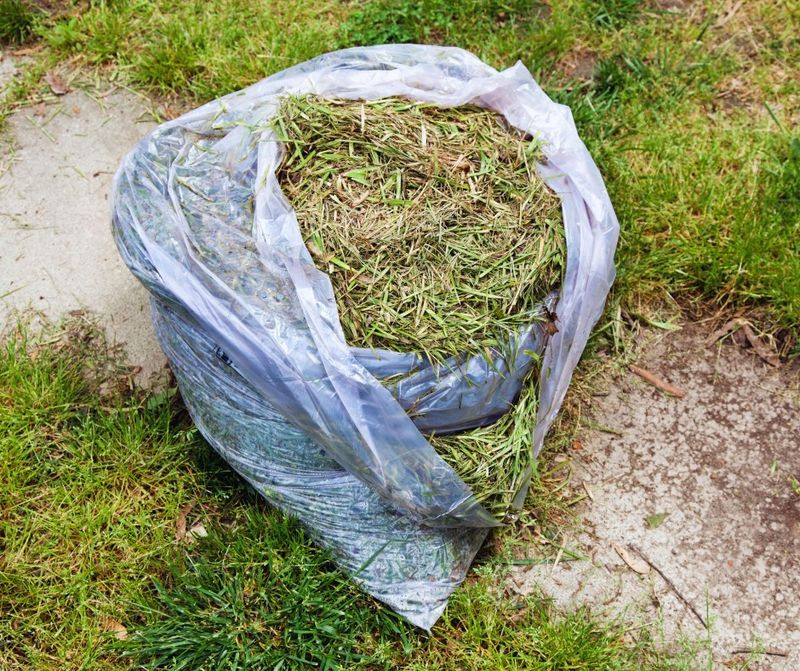
In the aftermath of mowing, grass clippings emerge as a green treasure. Buried in the garden, they decompose quickly, adding organic matter and nutrients like nitrogen.
Spread them as a mulch around your plants to retain moisture and suppress weeds. The clippings break down swiftly, enlivening the soil.
However, avoid using clippings from lawns treated with herbicides. Utilizing this natural resource not only nurtures your plants but also reduces waste, making your garden a greener place.
8. Newspaper
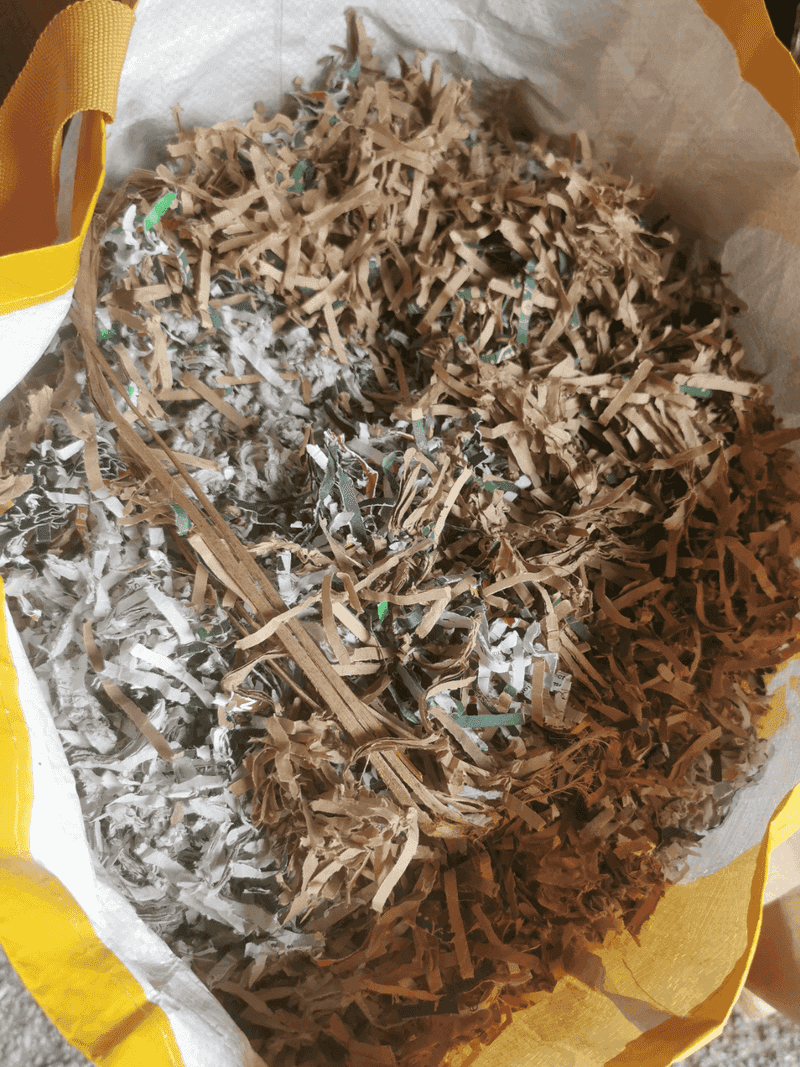
Yesterday’s news can become today’s soil booster. Shredded newspaper, when buried, adds carbon and organic matter to the garden soil. This helps improve soil structure and moisture retention.
Make sure to use black-and-white print, as colored ink may contain toxins. Newspapers break down gradually, so they work well as a long-term soil amendment.
By recycling paper in this way, you can enrich your garden and contribute to a more sustainable environment. Who knew old news could grow beautiful plants?
9. Bone Meal

Bone meal, a fine powder made from ground animal bones, is a powerhouse of phosphorus and calcium. These nutrients are critical for root development and flowering.
Mix it into the soil before planting, or sprinkle it around established plants. It releases nutrients slowly, providing long-term benefits. This natural fertilizer is especially beneficial for bulbs and perennials.
By using bone meal, you can support healthy plant growth and blooms, creating a more vibrant garden landscape. It’s a simple way to turn bones into beauty.
10. Compost
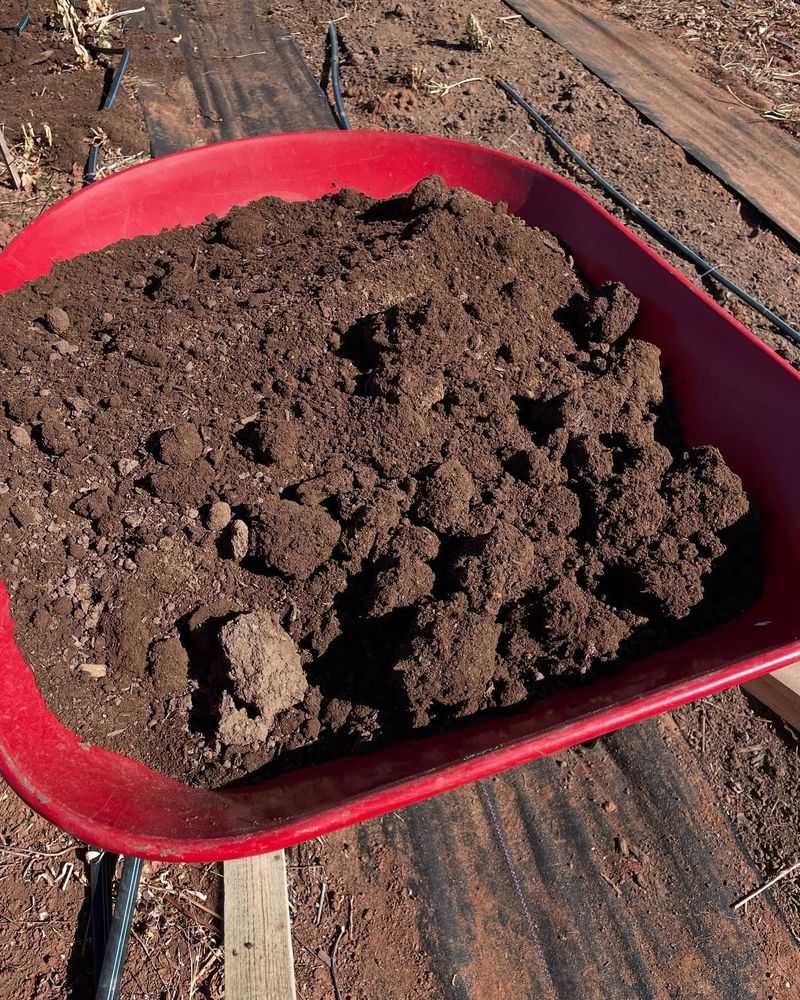
Compost, often called “black gold,” is treasured for its ability to improve soil quality. Made from decomposed organic matter, it enriches the soil with nutrients and improves its structure.
Spread a layer over your garden soil or mix it in to boost plant growth. As a natural fertilizer, compost enhances moisture retention and encourages earthworms.
Whether you make your own or buy it, adding compost is a sustainable practice that benefits the environment and your garden. It’s a win-win for all green thumbs!
11. Peanut Shells
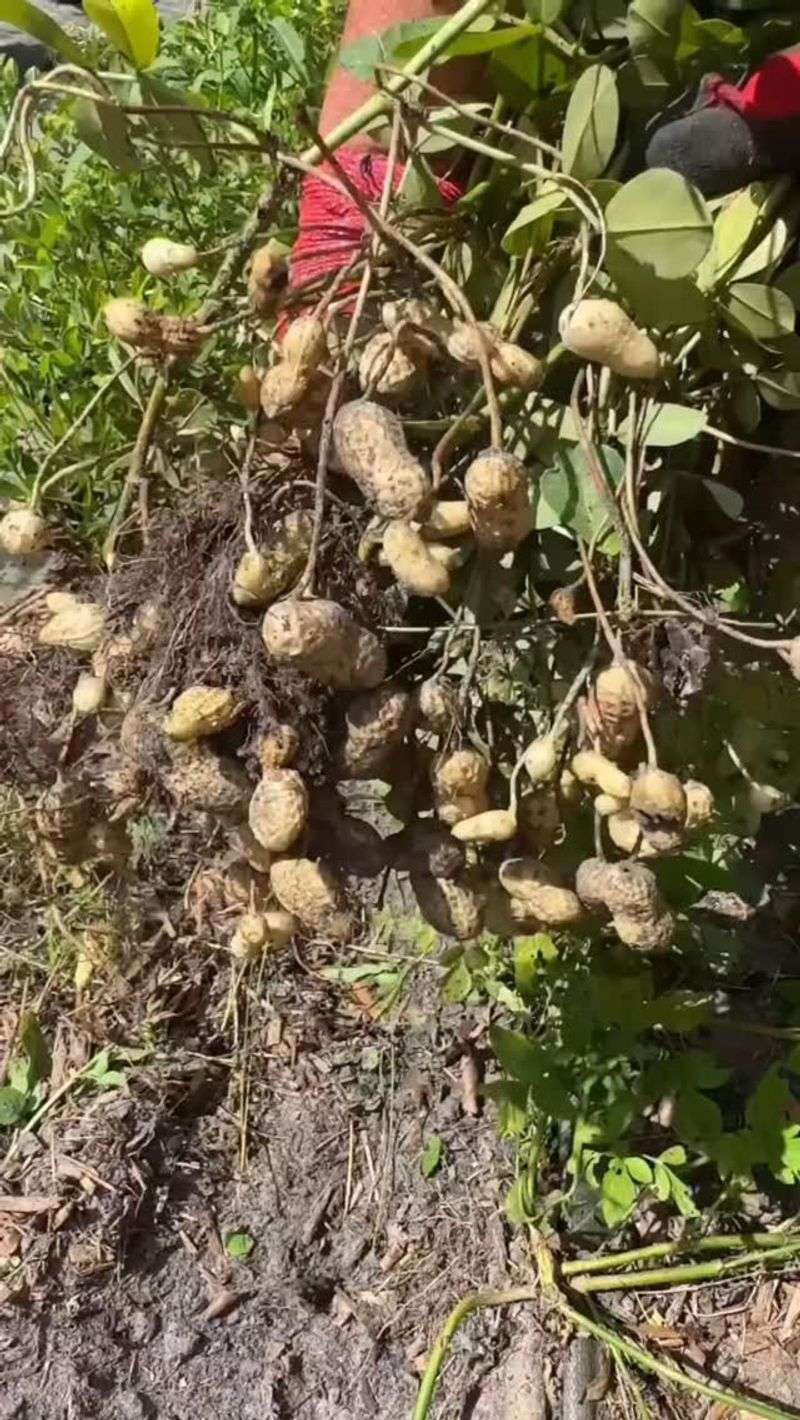
Peanut shells, often discarded, can serve as a useful garden amendment. When crushed and buried, they add organic matter and improve soil aeration and drainage.
Peanut shells break down slowly, providing a long-lasting benefit to the soil. They’re especially handy for heavy clay soils. Just make sure the shells are pesticide-free before use.
By recycling peanut shells in your garden, you not only enhance the soil but also reduce waste. It’s a crunchy way to support a healthy garden!
12. Sawdust
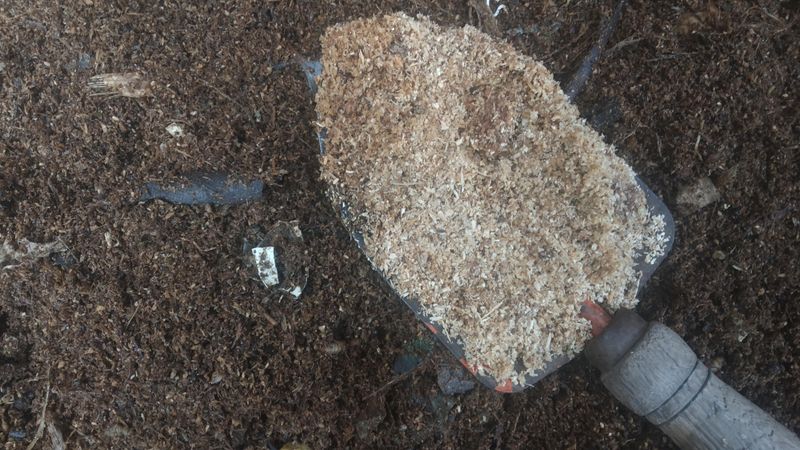
Sawdust, a byproduct of woodworking, can be a valuable addition to garden soil. When used properly, it improves soil texture and adds organic content. Mix it with nitrogen-rich materials to avoid nutrient lock-up.
Sawdust is excellent for mulching and can help retain soil moisture. Ensure it’s free from treated wood chemicals. This soft, fluffy material decomposes slowly, offering long-term benefits.
By using sawdust, you can keep your garden fertile and vibrant. It’s a clever way to recycle and rejuvenate your soil!
13. Hair Clippings
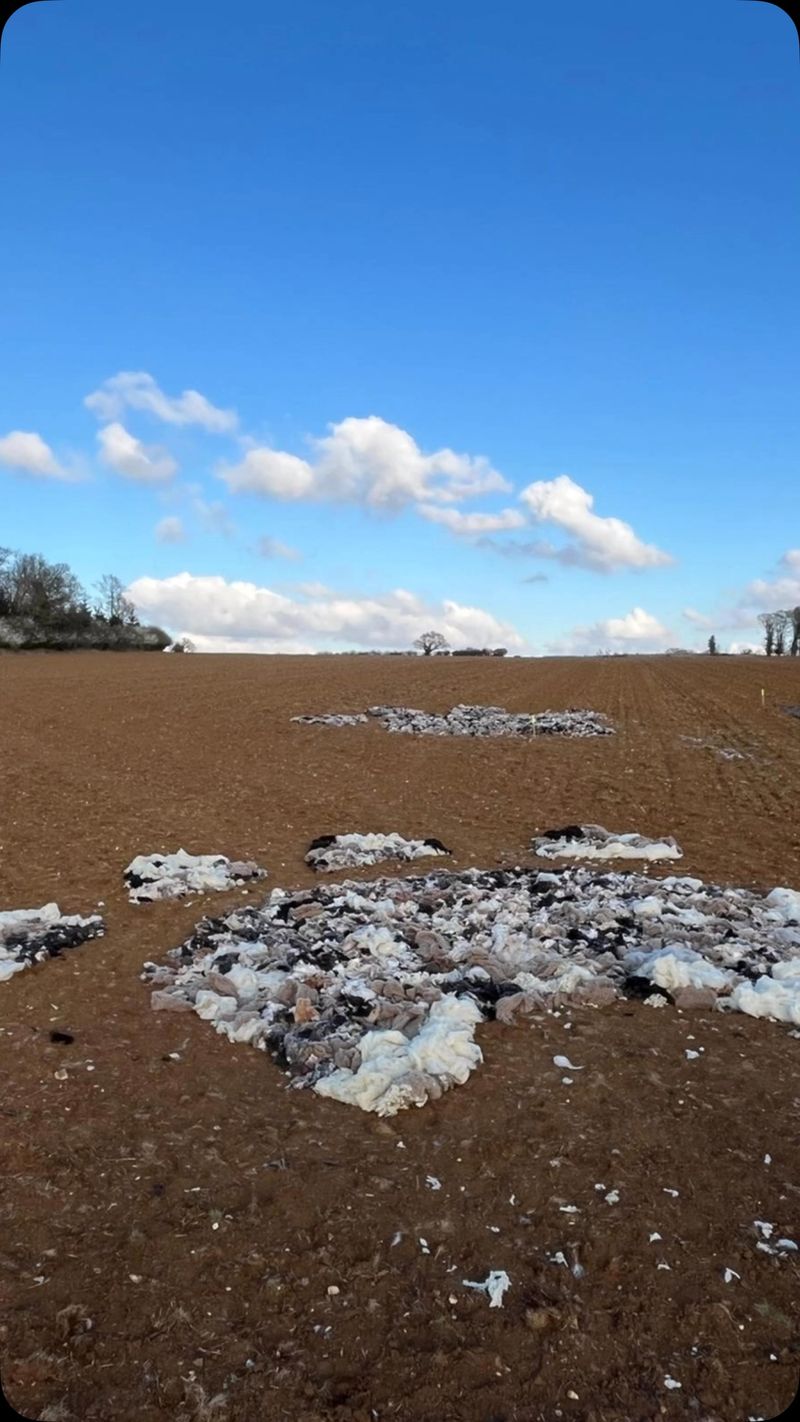
It might sound unusual, but human hair clippings can be a great addition to your garden. Hair is rich in nitrogen and breaks down slowly, releasing nutrients over time.
Bury it in the garden to improve soil structure and feed plants. Hair clippings can also deter pests like deer. Collect them from the salon or after a home haircut.
It’s a unique way to recycle and provide your garden with a steady supply of nutrients. Your plants will love this unusual treat!
14. Paper Towels
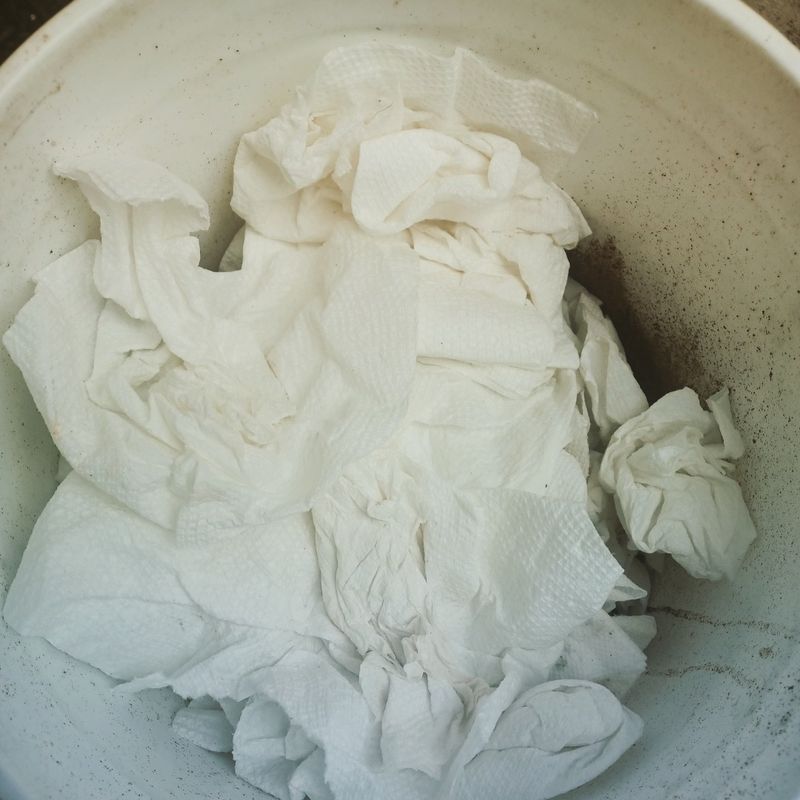
Used paper towels, often tossed away, can be repurposed in the garden. Tear them up and bury them to add carbon-rich organic matter to the soil. This helps improve soil structure and water retention.
Make sure they’re free from chemicals or inks. Paper towels break down over time, enhancing the soil’s texture.
By recycling them in this way, you can reduce waste and support plant growth. It’s an easy and effective way to turn trash into treasure for your garden.
15. Charcoal
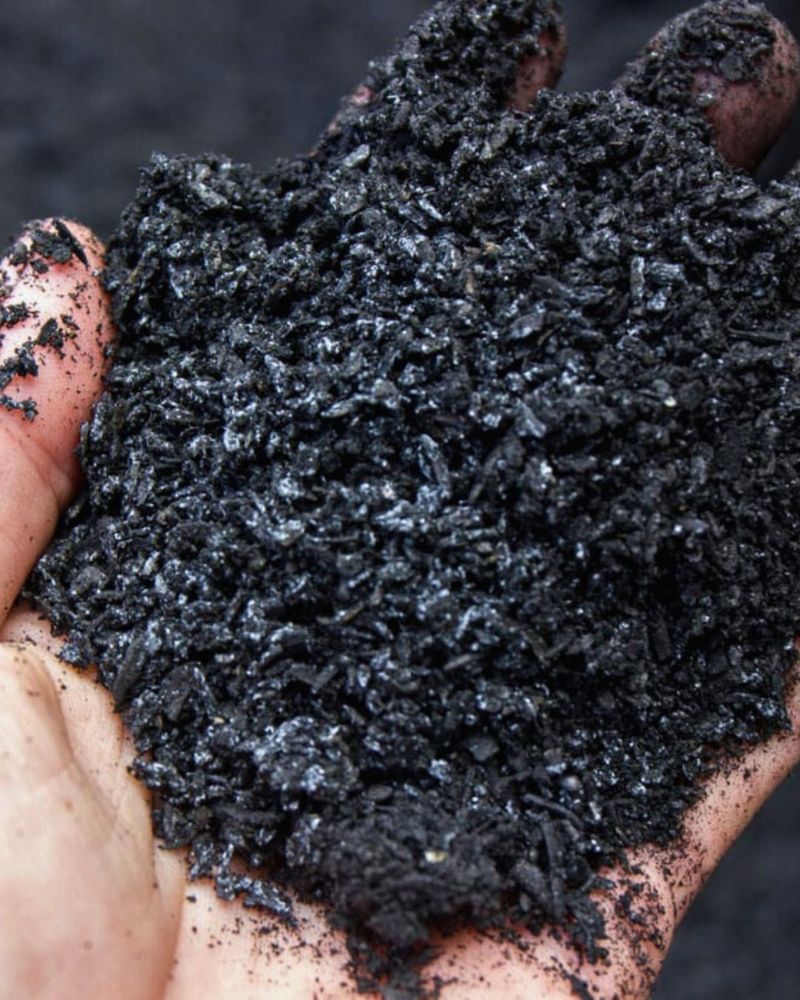
Charcoal, often associated with barbecues, can improve garden soil when used properly. Crushed and mixed into the soil, it enhances drainage and helps retain nutrients.
Charcoal also reduces soil acidity and can filter impurities. Ensure you use plain, untreated charcoal, not the kind with chemical additives. This natural amendment can promote healthy plant growth and reduce soil compaction.
By incorporating charcoal into your garden, you enrich the soil and support a thriving ecosystem. It’s a smart way to repurpose leftovers from grilling.
16. Shells
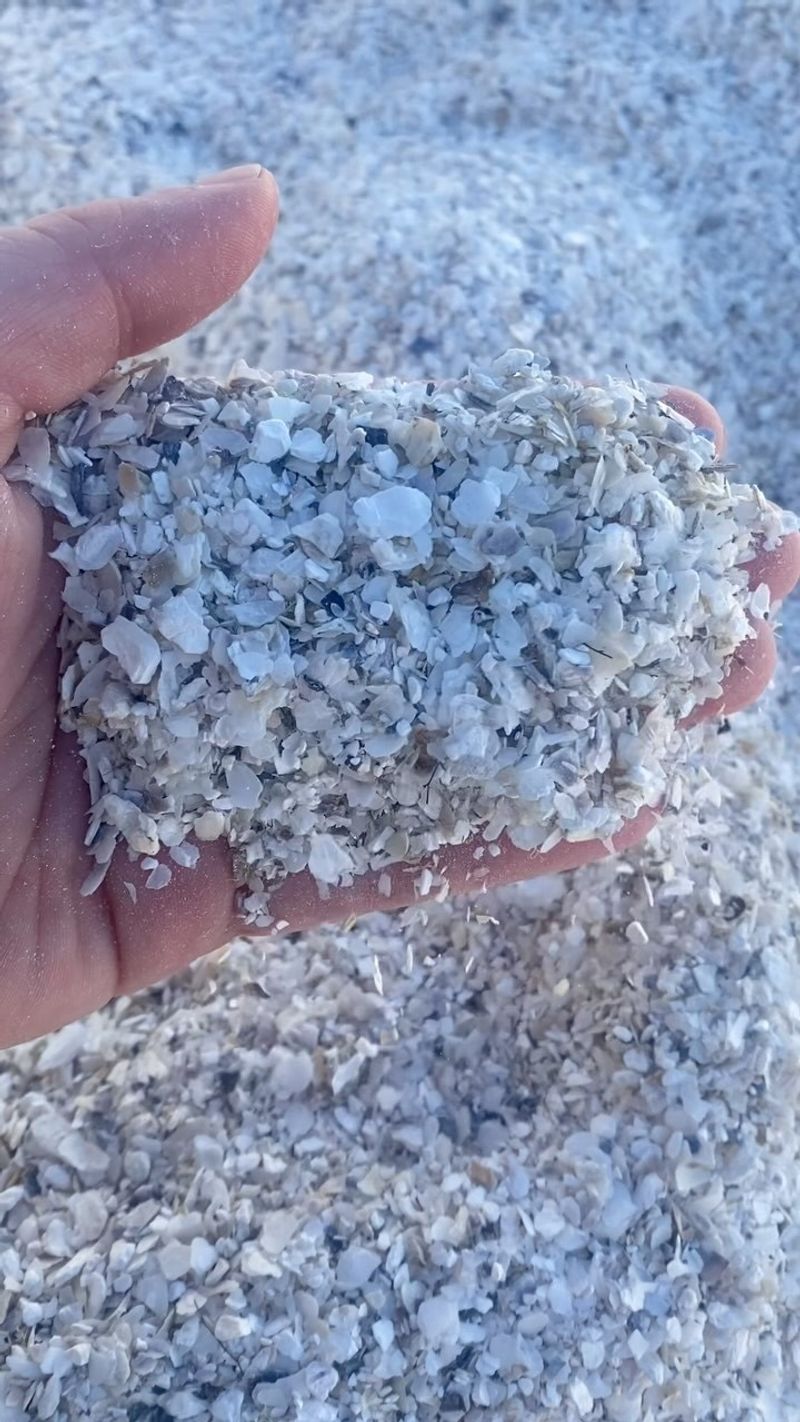
Seashells, whether from the beach or your dinner plate, can be a delightful addition to garden soil. Crushed shells add calcium and improve soil aeration and drainage. They break down slowly, offering a long-lasting benefit.
Shells can also deter slugs and snails when spread around plants. Make sure they’re thoroughly cleaned before use.
By recycling shells in the garden, you enhance the soil and add a unique texture. It’s a coastal twist to natural gardening that brings the sea to your backyard!

